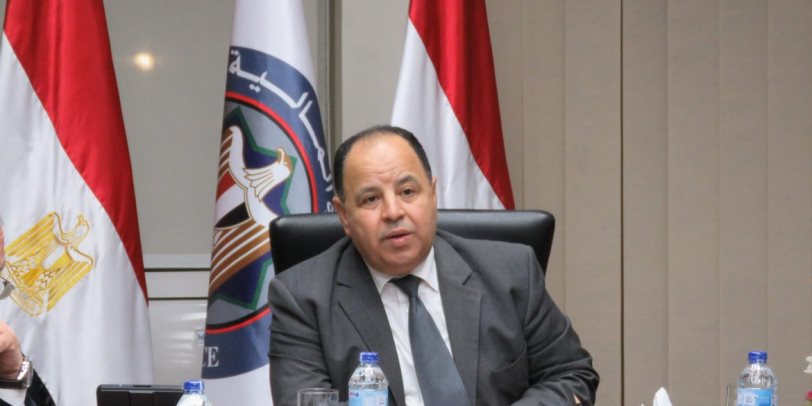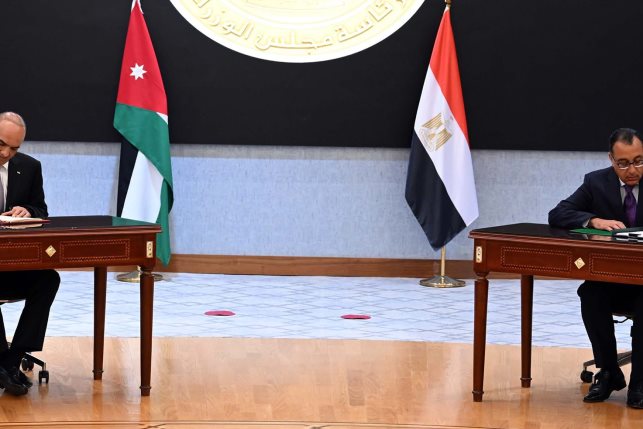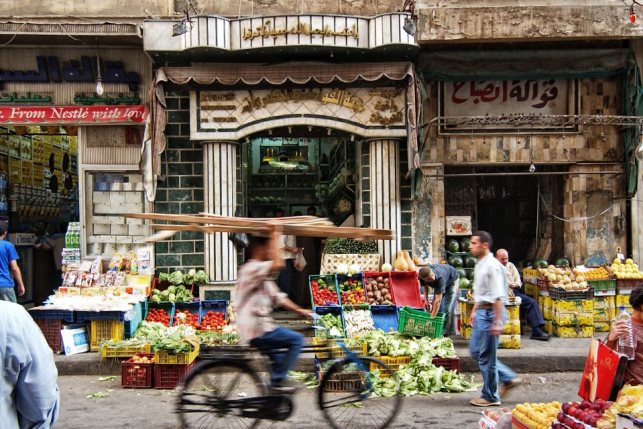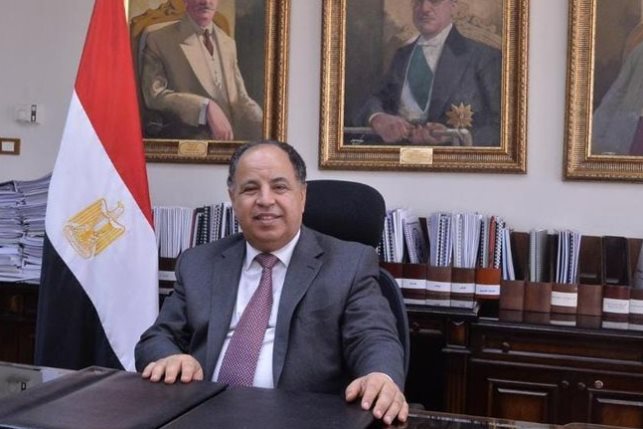State revenues up 16%, deficit down to 3.6%: FinMin
Public revenues represent 7 percent of Egypt’s GDP, with LE 334.3 billion coming from tax revenues which has seen a 9.9 percent annual growth rate

State public revenues are up by 16 percent, recording at LE 452.9 billion in the first half of fiscal year (FY) 2020/2021, states Minister of Finance, Dr. Mohamed Maait in the ministry’s latest “semi-annual financial performance” report.
Public revenues represent 7 percent of Egypt’s GDP, with LE 334.3 billion coming from tax revenues which has seen a 9.9 percent annual growth rate. General non-tax-related revenues saw a jump of 38.2 percent, recording at LE 118.2 billion.
Egypt's economic growth rate continued to achieve positive rates, as unemployment and inflation rates continued to decline, and the balance of foreign exchange reserves increased, wrote Maait.
The state’s general budget was able to achieve a surplus of around LE 14 billion, representing 2 percent of the GDP, contributing to the decline of the total budget deficit to 3.6 percent during H1 of FY 2020/2021, compared to 4.1 percent in the previous FY, the minister added.
Public investments saw an increase of 59.3 percent during H1 of the fiscal year to reach LE 102 billion, of which LE 73 billion were financed by the public treasury, with a growth rate of 31 percent.
The volume of government support, grants and social benefits increased by 32.3 percent during the first half of the current fiscal year, to reach LE 100 billion.
Public spending on social protection programs also witnessed an increase of 35.6 percent to reach LE 87.2 billion.
Maait highlighted the COVID-19 pandemic as a gift to the economy by accelerating the government’s digital transformation in areas such as tax and customs systems, adopting a stimulating tax system, and boosting MSMEs’ capabilities through simplified procedures.





